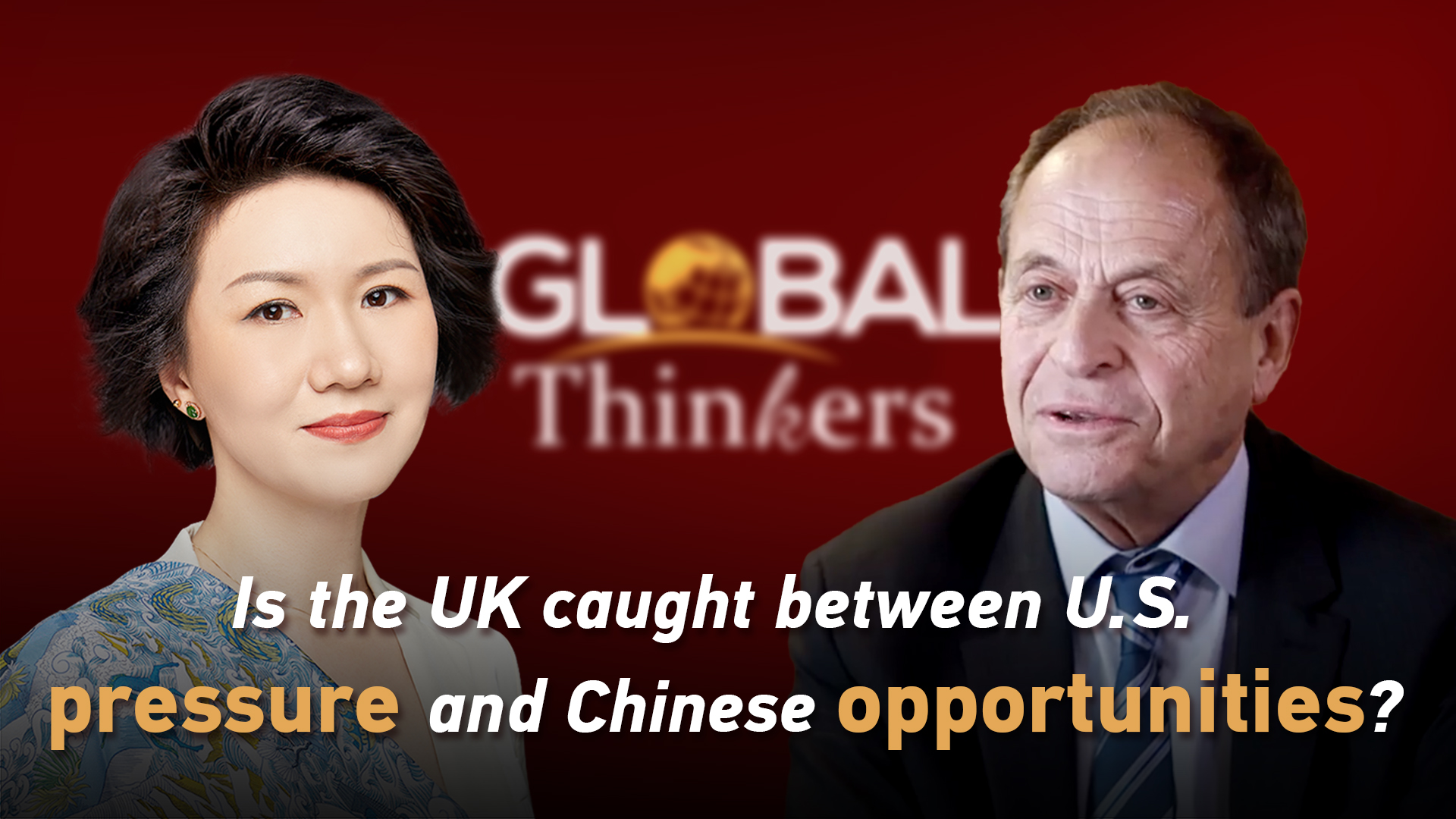Stephen Perry, Chairman of the UK 48 Group Club and son of Jack Perry, the pioneering "icebreaker" in China-UK trade, mentions his meetings with President Xi Jinping. Despite Rishi Sunak's statements, Perry stresses China's irreplaceable role in investment and trade.
04:25

Liu Xin: Last November, British Prime Minister Rishi Sunak made a statement declaring the end of the "golden era" and advocated for a fresh approach by the UK to China. However, in recent months, we also witnessed a shift in his stance, at least we perceive, as he attempts to mend relations, it seems. He has dispatched the trade minister to Hong Kong. It's anticipated that UK Foreign Secretary may soon visit China. What's the temperature of the water now? What is your assessment?
Stephen Perry: The "golden era" led to a reaction from the United States towards the UK getting too close to China. We were put under pressure from the United States to join their attempt to contain the rise of China. Maybe I use that phrase because it sums it up without any emotional words. It was the containment of China. The United States has become more intense in its containment of China. In the last few years, we've had a lot of pressure to contain, to participate in the containment of China, to exclude Huawei from our telecom system, and so on.
What we find now is that Mr. Sunak is, we say, from the center of the political spectrum and can recognize the importance of the opportunities from China of investment and trade. China is almost 5% growth. It's 30% of world growth. There is nowhere in the world that can produce that. There is no doubt that there is nowhere else in the world that can provide the UK with the support that it needs through trade and investment more than through China. Even the United States cannot take the place of China, so yes, the "golden era" may be put into hibernation while we go through this difficult period. But I would say that because of China's patience in dealing with the UK, because it has not responded to some provocations of quite a considerable nature that the relations between the two countries are still stable, if not in the right condition.
Liu Xin: A small point here, though, but I do want to highlight that. Because the U.S. says it does not want to contain China, that they have a denial towards that strategy you described. But why do you think it is a containment strategy or containment that the U.S. is trying to mount against China?
Stephen Perry: It's not a very nice label to put on a country or a person in their relationships. But it is what's happening. It is what's happened for decades that because of some misreading of Marx and Engels, some people have taken the view in capitalism that if they don't fight against the socialists, they will lose their position. And I don't think that's right.
I don't think that China has any ambition to overcome and rule any of our countries. I think it's mostly concerned with its own country and developing its own modernization and rejuvenation. I do not think President Xi Jinping gets up in the morning and thinks, how can I rule the world? He probably thinks about how I can have enough food for the people, enough education, enough homes. And I'm sure, in my short meetings with him, he gave me the impression that his work regards China. It may include neighbors and Asia to help them become peaceful and stable and to do more trade and investment with each other. And it may include investing and trading with Europe, Africa, and South America. But I don't think we see any troops outside China. We don't see any missiles pointed outside China. The Chinese government is not for hegemony.